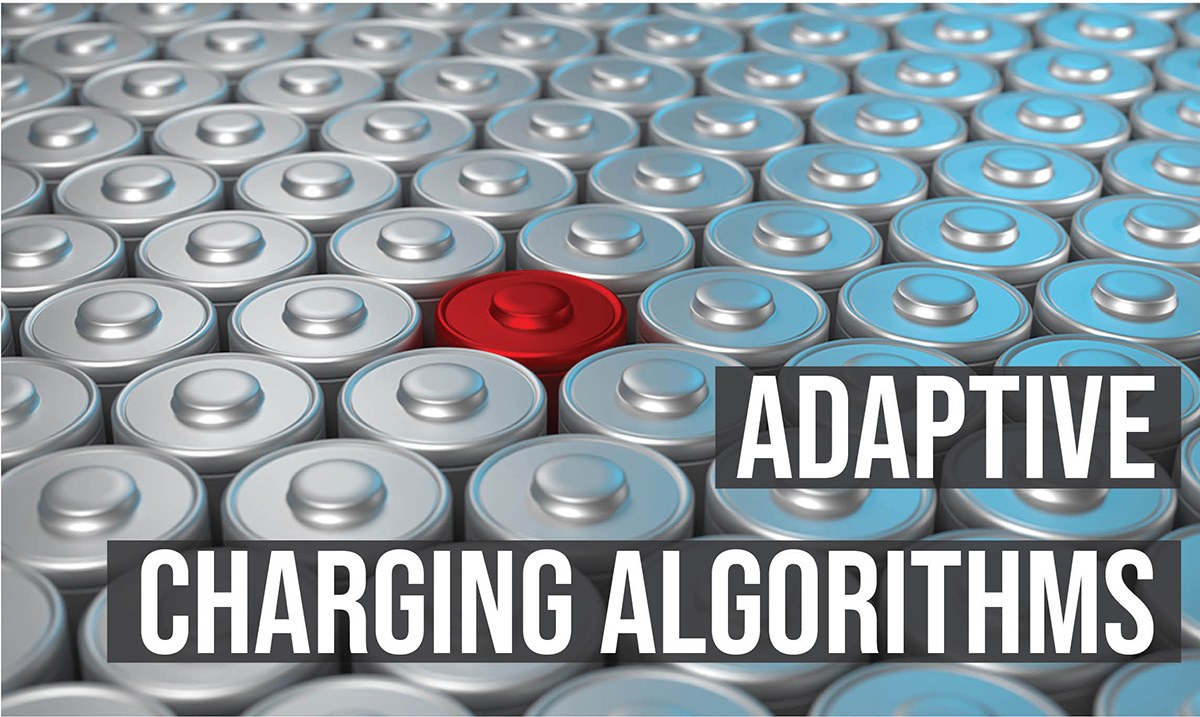

It’s widely believed that frequent DC fast charging stresses a battery, shortening its useful lifetime. However, the long-term effects of frequent fast charging can be mitigated with properly designed charging limits. (Battery data specialist Recurrent recently released the results of a study on the subject.)
Can BMS software eliminate this problem and push the limits of charging speed? Qnovo provides automotive OEMs with software designed to mitigate damage to a battery pack from frequent fast charging. Its adaptive algorithms utilize charging data to diagnose the internal properties of the cells in realtime.
The company recently announced a collaboration with NXP Semiconductors to integrate Qnovo’s new SpectralX software with NXP’s BMS and onboard charger hardware.
Qnovo CEO Nadim Maluf spoke with Charged at the recent CES trade show, and explained how his company’s software helps batteries deliver safe, superfast, unlimited charging.
Qnovo says its data can provide continuous diagnostics of a battery’s age while the algorithms optimize the rate and degree of charging, reducing battery wear and maximizing battery life. The adaptive charging algorithms repeat this process every time the battery is charging.
Qnovo software stack runs as a standard AUTOSAR application and integrates into non-AUTOSAR RTOS-based BMS architectures through a defined interface. Its measurement provides a health index that reflects the general condition of a battery and its ability to deliver the specified performance compared to a new battery. The health index of a new cell is 100 and zero when the cell reaches end-of-life. The rate of change in health is used to predict the presence of defects, and the Qnovo safety indicator will alert if cells require immediate attention.
Qnovo says its health index and safety indicator augment the existing BMS’s capacity-based
state-of-health and add predictive capabilities to improve the BMS’s confidence in delivering rated power and range estimations.
Source: Qnovo









